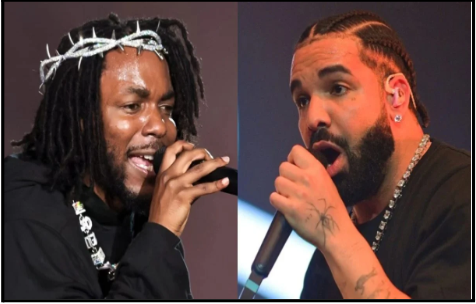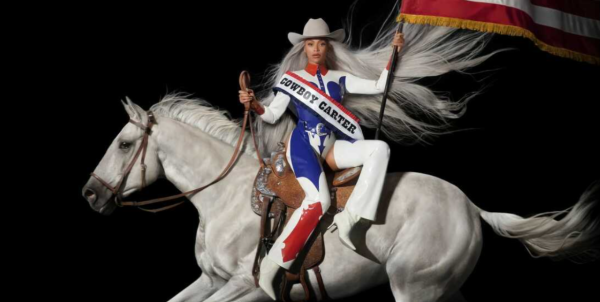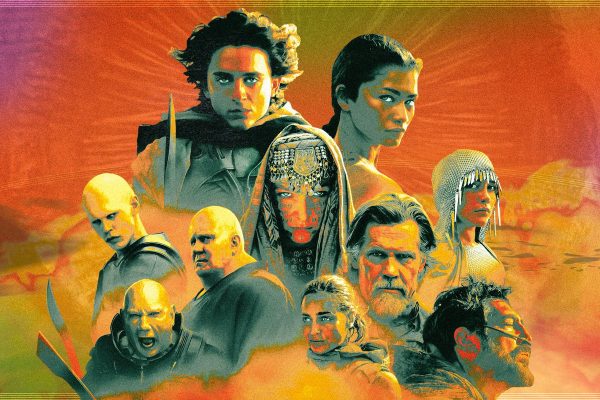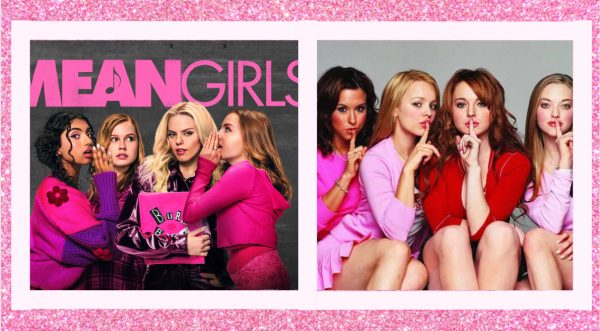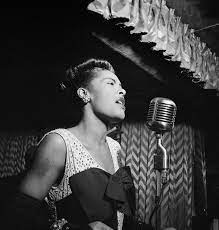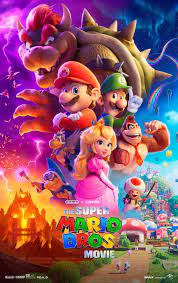Racism in the acting industry leaves actors of color conflicted
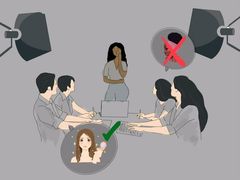
You’ve read the books, heard the hype and seen the excitement for the new show in the making. A vampire series. Projects after projects, you think this is it. This is your time to catch your big break. Lights, camera, action. You’ve finally got it, all on you. The only problem is the color of your skin, and all that comes with it. You knew things weren’t going to be easy, but after being told that you will have to straighten your hair or wear wigs to “fit” the role you earned and are not allowed to wear out your natural hair, you realized just what type of shoes one must put on as a black woman in the acting industry. How can one strive for representation of oneself when no one wants to put out a character with proud 4c hair on TV? “It’s not a new experience, but I did have to educate myself and figure out what I can do to help elevate this for other women who might come after me,” said Kat Graham on the subject of the racism she dealt with on set, especially with her character and what went on behind the scenes.
Graham played Bonnie Bennett, a teenage witch in the popular series “The Vampire Diaries” who, which fans argue, had an entire storyline revolving around protecting the white characters. The more attention it got from the public, the more fans saw the awkward and tense atmosphere when Graham and the rest of her white castmates, as well as producers, were in interviews together. As fans stood with Bonnie and fought on social media for her to have a strong storyline and background as the rest of her castmates do instead of being the only main black character that is constantly being killed off. One of the actors, Matthew Davis, who played Alaric Saltzman, wrote on Twitter “Are Jewish people upset about Bonnie’s mistreatment too?” As most know, Graham is half black and her mother is Jewish. She was raised in the Jewish religion and attended Hebrew school. So Davis asked in his uneducated, sarcastic remark if people of color are mad about her character’s ‘mistreatment’ are Jewish people mad as well.
Kat Graham is not the only woman of color who had to endure mistreatment of some kind.
Host of Disney+ game show “The Big Fib”, Yvette Nicole Brown talks about her experiences in the industry as well. “You can’t be just a black actress. You also have to be a black hairstylist and a black makeup artist. Black actresses have to wake up at least three hours early to make sure they look presentable on camera. It is a black tax, a black toll that is added to our day,” said Brown.
A lot of black actresses have been fighting for a change in the industry. Some don’t even care if the make-up artist or hairstylist is a black person, as long as they are good at doing black hair and faces. As for now, such people do not exist in the industry and those that do are always booked or have no time.
When in an interview with Variety, former “Glee” star Amber Riley remembers the time early in her career when a producer told her that she and other actors of color were “a little more disposable because that’s the way the world is.”
“Being told that the white girls are not fireable is being told that you’re disposable,” Riley tells Variety. She internalized that message to the point that she was “distraught” going into auditions in her post- “Glee” career, dealing with anxiety and a loss of confidence.
Riley wasn’t the only black ‘Glee’ cast member who faced racism. Samantha Ware dealt with a lot of microaggression from the show’s lead, Lea Michele.
“It was after I did my first performance,” Ware told Variety, “that’s when it started – the silent treatment, the stare-downs, the looks, the comments under her breath, the weird passive-aggressiveness. It all built up.”
According to Ware, Michele threatened her job in front of a large crowd of extras, dancers, and the cast. Even saying if she had the opportunity, she would s– in her wig.
“I remember the first day I actually spoke up and unfortunately no one did anything,” said Ware. “They just shrugged it off, like ‘That’s her.’ No one was stopping these things, which is an issue because the environment was helping perpetuate this abuse.”
“We need to address behaviors that are allowed on sets,” says Riley. “We need to address why the Black experience is diminished when it comes to telling you what happened, why we’re not believed, why we feel afraid for our jobs, why we feel disposable.”
Being black in Hollywood is hard, these four black actresses mentioned have been through a lot behind the big screen. More have been through worse and have held it inside for the sake of still having a job and not being blacklisted. Others are standing tall and demanding change, talking about their experiences and working to make a better path for other new black actresses coming into the industry.
“We are at a point where we can make lasting change. But change, you know, is not something that’s given,” said Gabrielle Carteris, in response to the racism POC’s have to endure on set. “It’s something we have to fight for: sometimes incrementally; sometimes globally; sometimes on the streets; sometimes on social media; sometimes in boardrooms and on sets.”
Your donation will support the student journalists of Parkdale High School. Your contribution will allow us to cover our annual website hosting costs and publish some printed editions, as well.
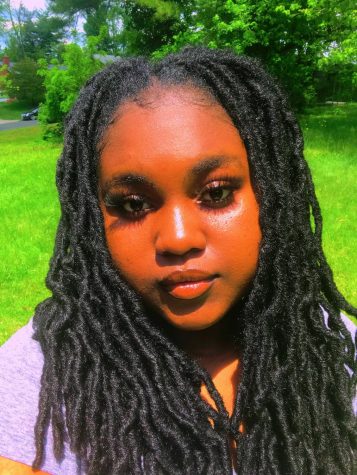
Mary is a junior who has been on staff for a year. When her 9th grade English teacher noticed her extraordinary awesomeness she was begged to be on staff,...

